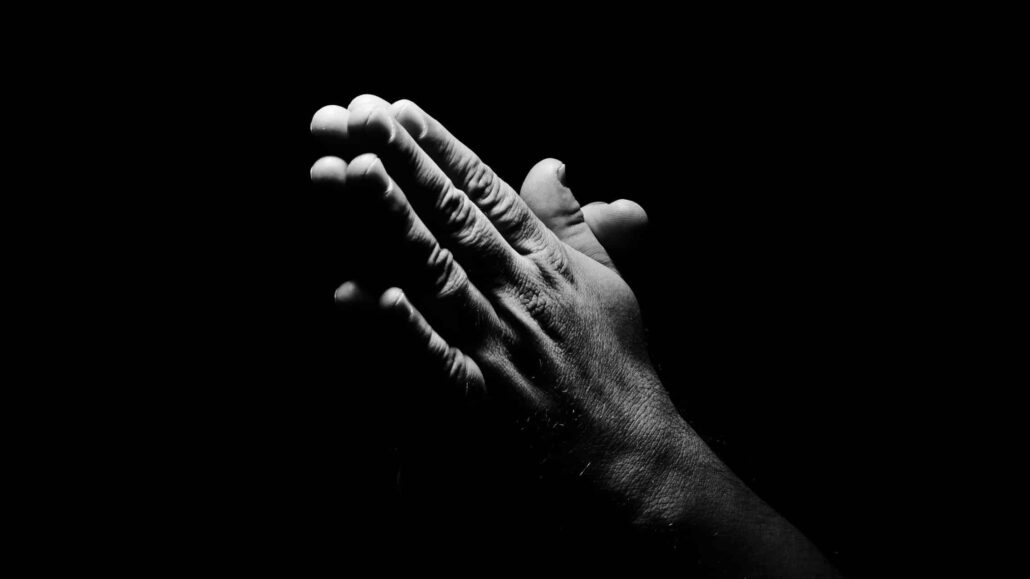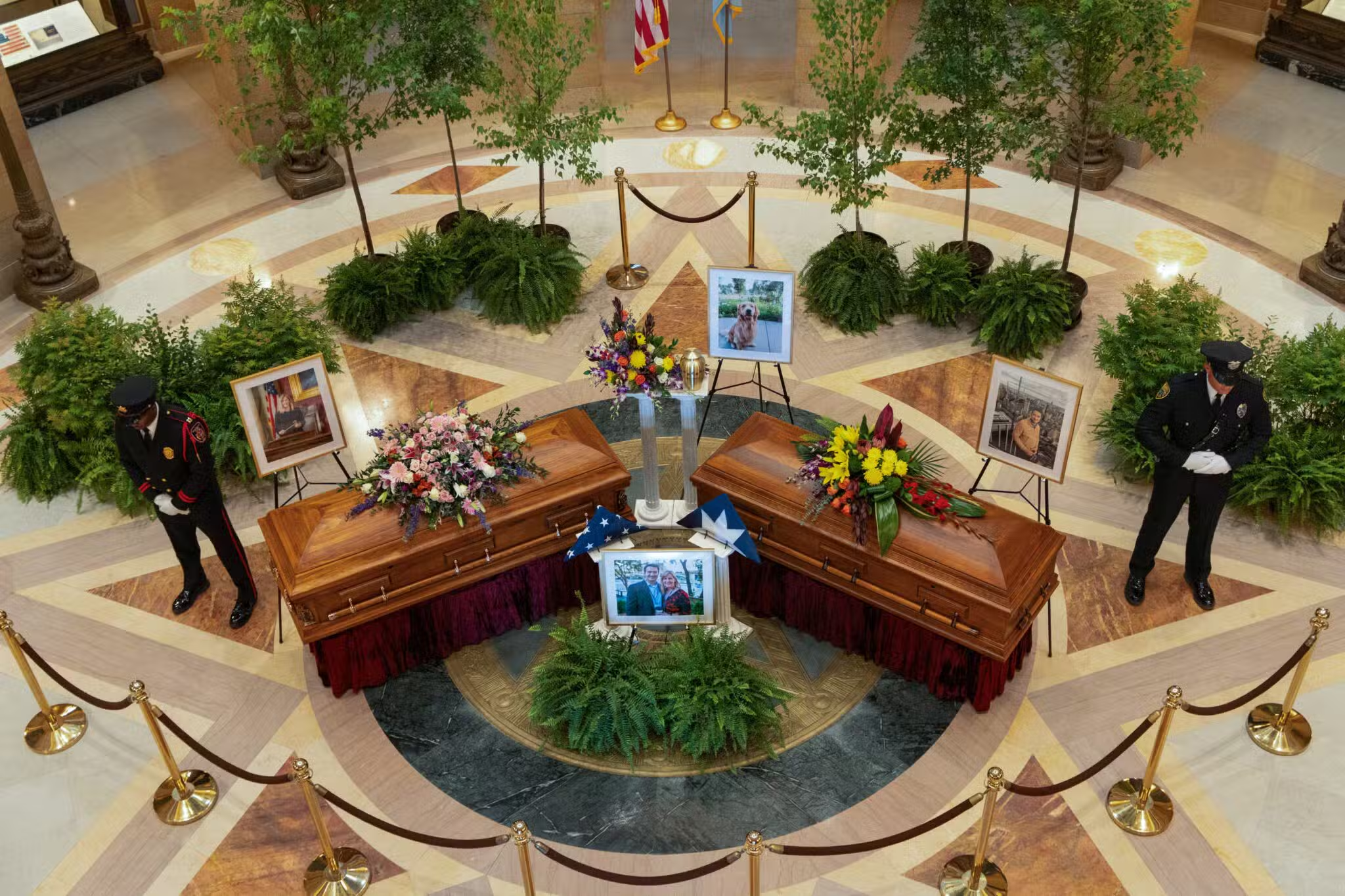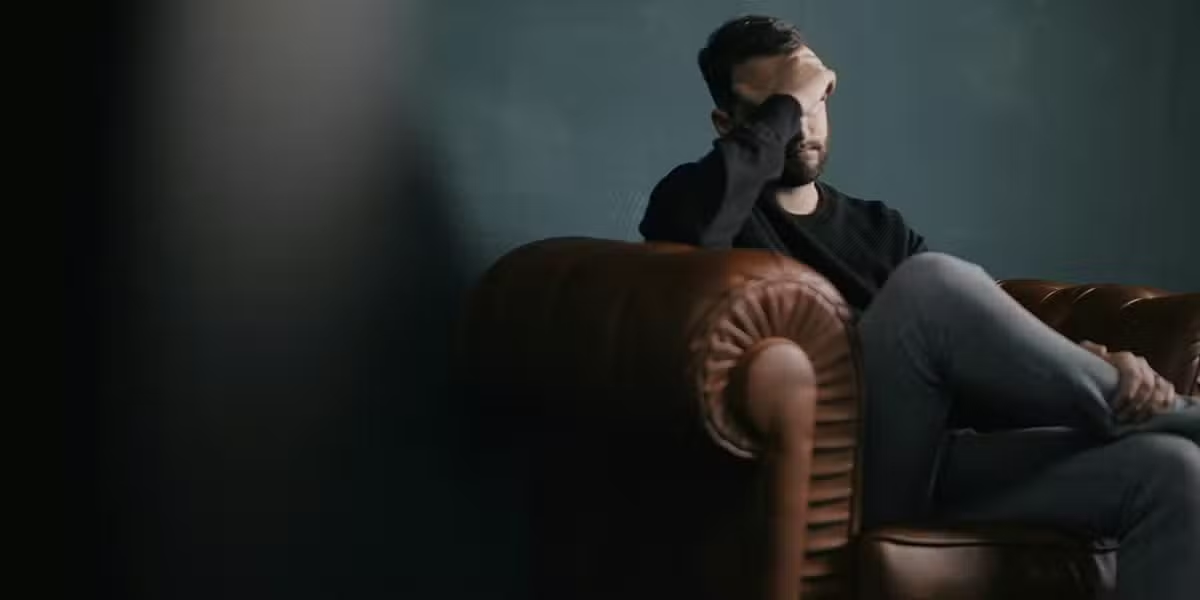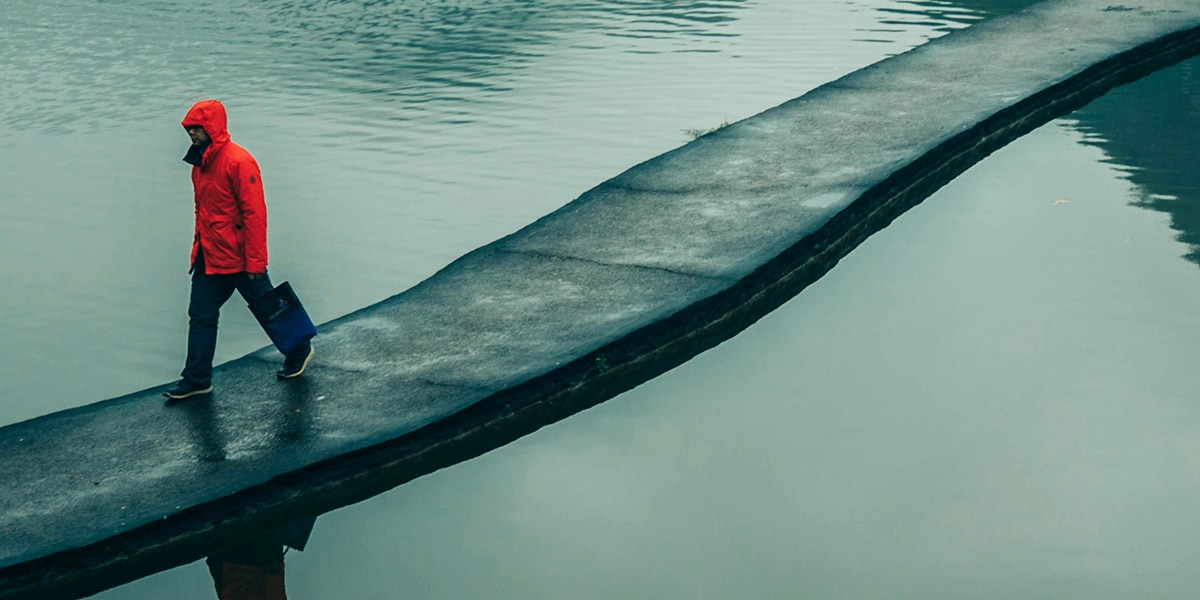When I first started going on contemplative retreats, I remember how difficult it was to give myself grace in my journey inward. I was uncovering so much within myself I had never seen before, which sent me spiraling beyond introspection into something of obsession.
On one level it was exploratory—the exhilaration of being on the shoreline of a new life in a new land—but on another level it was as if I was sparking an invasion, captivated by the potential I saw, with all there was to discover, to break down, and to build in this new land. Had any of the monks looked up in the balcony during prayer, I feared they might see smoke spouting from my ears. The engine of my mind was overheating and sputtering.
I once wrote that journeying inward sometimes felt like being in a room of whiteboards—inviting me to write, draw, evaluate, and connect my discoveries—but then, in the frustration of being unable to solve the riddles within, those whiteboards would turn into mirrors, transforming the room of discovery into a narcissistic cell, forcing me to be alone with the enemy, that person whom I could not solve.
I learned something early on about myself on those retreats: I struggle to give myself grace in new lands.
As we navigate the complexities of a global pandemic, we find ourselves in a new land. I feel my mind sputtering again. I feel my internal demands rising. I feel the self-judgment returning. Unrealistic expectations set my days up to fail. It seems that a lot of us are beating ourselves up for things completely beyond our control. The lies we have long told ourselves, contradicting the core truths of our identities as the Beloved, suddenly seem a bit louder. Alone with ourselves, in that room of mirrors, we can begin to feel like the enemy again.
On one of those early retreats, after filling my journal with pages of my discoveries, I remember looking up and noticing the lone picture on my dorm-room wall. It was a Byzantine painting of Jesus holding an open book. The book was facing the artist for her to read, for me to read. I had been in my room all weekend, but this was my first time reading what had been there with me. The book said: Peace I leave with you. My peace I give to you. Abide in my love.
From deep within my soul arose a gentle whisper, “Above all, give yourself grace.” What was left for me, what was given freely for me, is grace. Truly abiding in this love, in this grace, means reflecting back to ourselves how God sees us. In the mirror is not the enemy. In the mirror is the Beloved. A new land, whether we asked to leave our old land or not, is an opportunity for discovery, but only if the winds of grace move us forward.
My sister is a master’s student studying special education at Vanderbilt University in Nashville. She told me that the university recently sent out an email to its students and faculty, encouraging them to give themselves grace in these bizarre times—that focus and productivity will likely be more difficult while on lockdown. The email reflected what my friend calls a “cognitive cradle” of grace, robbing our perception of failure of its sting.
I still struggle with quieting my mind. I struggle to detach from my doing. I struggle with dismantling my clinging perceptions of failure. But as the lockdown persists, my work is cut out for me, which ironically is not really work at all. It is to construct that cognitive cradle of grace each day, which is to say I open my eyes to what is already true, and become aware of what is already holding me.
In this liminal space, in navigating this new land, as control is lost, I can still hear that gentle whisper, “Above all, give yourself grace.” The journey is too difficult not to give ourselves what we’ve already received.








